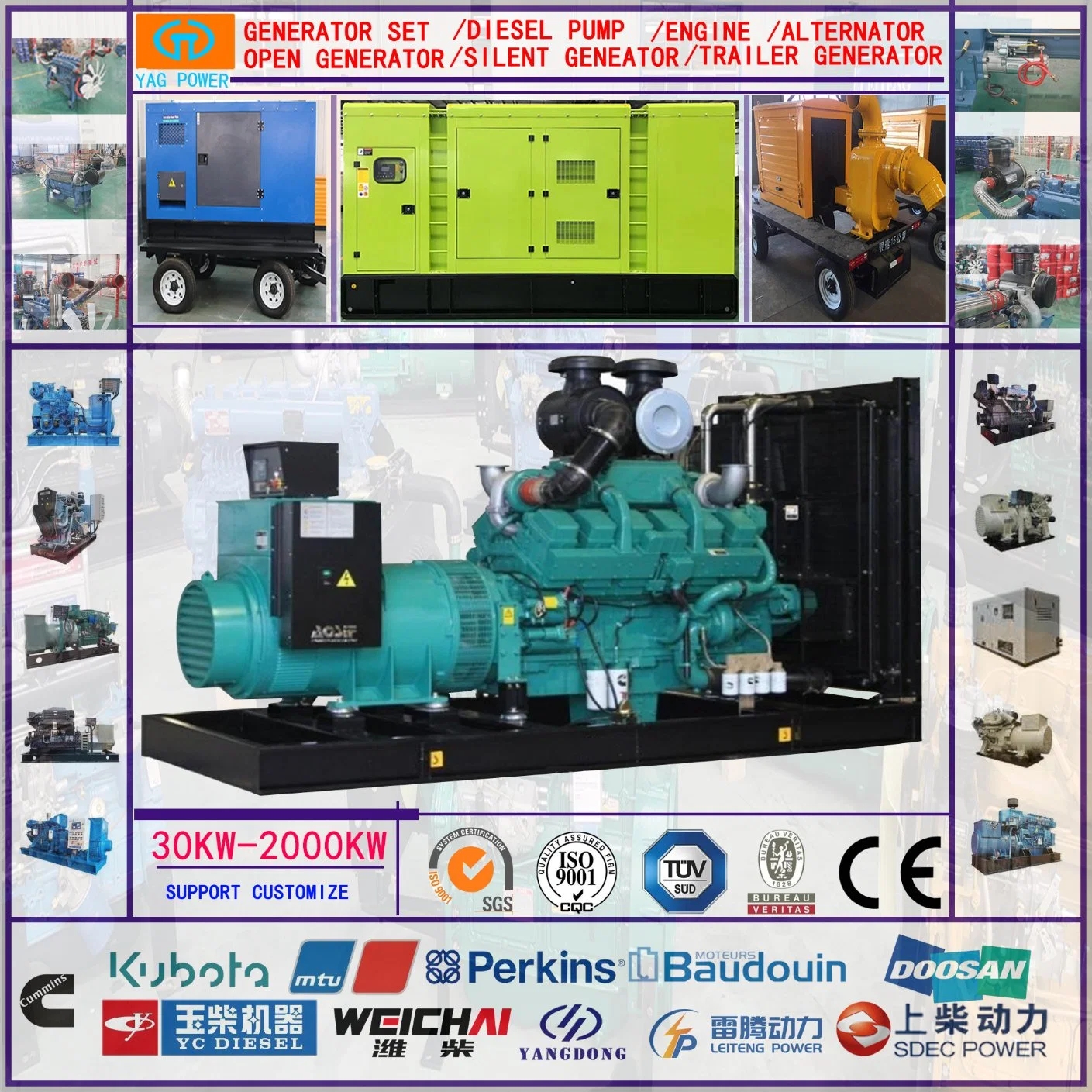Diesel Generators for Efficient Fuel Management A Comprehensive Guide

Introduction
Diesel generators play a crucial role in providing backup power in various settings, including industrial facilities, commercial buildings, hospitals, data centers, and residential homes. These generators are known for their reliability, efficiency, and cost-effectiveness, making them a popular choice for ensuring uninterrupted power supply during outages or in off-grid locations. One of the key considerations in operating a diesel generator is efficient fuel management, as fuel consumption can significantly impact operating costs and overall performance. In this comprehensive guide, we will explore the importance of fuel management in diesel generators, strategies to optimize fuel efficiency, and best practices for maintaining a reliable fuel supply.
Importance of Fuel Management in Diesel Generators
Fuel is the lifeblood of a diesel generator, powering the engine that generates electricity during power outages or when off-grid. Efficient fuel management is essential for several reasons:
1. Cost Control: Fuel is a major operational expense for diesel generators, and inefficient fuel management can lead to increased operating costs. By optimizing fuel consumption and minimizing wastage, businesses and individuals can control their fuel expenses and improve their bottom line.
2. Reliability: Adequate fuel supply is critical for ensuring the reliable operation of a diesel generator. Running out of fuel during a power outage can result in downtime, loss of productivity, and potential damage to equipment. Proper fuel management practices help maintain a continuous fuel supply and prevent unexpected shutdowns.

3. Performance: Fuel quality and quantity directly impact the performance of a diesel generator. Poor fuel quality can lead to engine problems, reduced efficiency, and increased maintenance requirements. By managing fuel properly, users can maximize the performance and lifespan of their generators.
Strategies for Optimizing Fuel Efficiency
To improve fuel efficiency and reduce operating costs, users can implement the following strategies:
1. Regular Maintenance: Proper maintenance of the diesel generator engine is essential for optimizing fuel efficiency. Regularly scheduled maintenance tasks, such as cleaning or replacing fuel filters, checking fuel injectors, and tuning the engine, can help ensure efficient fuel combustion and reduce fuel consumption.
2. Load Management: Adjusting the load on the generator to match the power demand is crucial for optimizing fuel efficiency. Running the generator at partial load when possible can help reduce fuel consumption and extend the time between refueling.
3. Fuel Monitoring Systems: Installing fuel monitoring systems can provide real-time data on fuel consumption, fuel levels, and fuel quality. These systems enable users to track fuel usage, detect anomalies, and identify opportunities for improving fuel efficiency.
4. Fuel Storage and Handling: Proper storage and handling of fuel are essential for maintaining fuel quality and preventing contamination. Users should store fuel in clean, dry, and well-ventilated tanks, regularly inspect tanks for leaks or corrosion, and follow best practices for fuel handling to ensure optimal performance.
5. Fuel Quality Testing: Regularly testing the quality of fuel is important for preventing engine problems and optimizing fuel efficiency. Visit Your URL should perform fuel quality tests, such as checking for water content, sediment, and microbial growth, and take corrective actions as needed to maintain fuel integrity.
Best Practices for Reliable Fuel Supply
To ensure a reliable fuel supply for diesel generators, users can follow these best practices:
1. Fuel Storage Capacity: Adequate fuel storage capacity is essential for maintaining a continuous fuel supply during extended power outages or emergencies. Users should calculate their fuel consumption rate, consider factors such as runtime requirements and refill frequency, and size their fuel storage tanks accordingly.
2. Fuel Delivery Contracts: Establishing fuel delivery contracts with reputable suppliers can help ensure a consistent and timely fuel supply. Users should work with fuel providers to set up regular delivery schedules, monitor fuel inventory levels, and be prepared for unexpected increases in fuel demand.
3. Emergency Fuel Reserves: Maintaining emergency fuel reserves is crucial for preparing for unforeseen events, such as fuel shortages or delivery delays. Users should keep a sufficient quantity of backup fuel on hand to cover extended outages or emergencies and regularly rotate fuel stock to prevent degradation.
4. Fuel Quality Assurance: Implementing fuel quality assurance measures is important for protecting the diesel generator engine from damage and ensuring reliable operation. Users should source high-quality fuel from reputable suppliers, store fuel in clean and secure tanks, and perform regular fuel quality tests to verify fuel integrity.
Conclusion
Efficient fuel management is essential for maximizing the performance, reliability, and cost-effectiveness of diesel generators. By implementing strategies to optimize fuel efficiency, such as regular maintenance, load management, fuel monitoring, and fuel quality testing, users can reduce operating costs, minimize downtime, and extend the lifespan of their generators. Additionally, following best practices for maintaining a reliable fuel supply, such as ensuring adequate storage capacity, establishing fuel delivery contracts, maintaining emergency reserves, and monitoring fuel quality, can help safeguard against fuel-related issues and ensure uninterrupted power supply when it is needed most. By prioritizing fuel management, users can get the most out of their diesel generators and benefit from reliable backup power in any situation.
